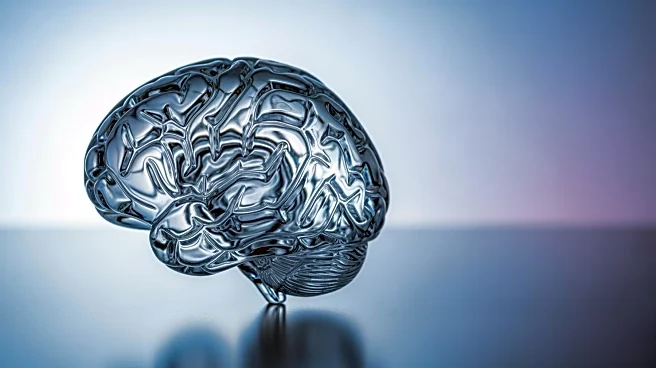What is the story about?
What's Happening?
Tim Berners-Lee, the inventor of the World Wide Web, has expressed optimism about the future of the internet despite its current challenges. Berners-Lee, who developed the web at CERN in the late 1980s, acknowledges the transformative impact the web has had on communication and commerce, with over 5.5 billion users worldwide. However, he also highlights significant issues such as misinformation, polarisation, and the use of the web by authoritarian states to control citizens. Additionally, the rise of artificial intelligence poses a threat to distinguishing between human and machine-generated content. Despite these challenges, Berners-Lee remains hopeful and is actively discussing solutions to improve the web's functionality and integrity.
Why It's Important?
The web's current state, marked by misinformation and AI-related challenges, has profound implications for global communication and governance. Misinformation can undermine democratic processes and public trust, while AI's ability to blur the lines between fact and fiction poses risks to information reliability. Authoritarian regimes leveraging the web for control further complicate the landscape, impacting human rights and freedom of expression. Berners-Lee's advocacy for reform is crucial as it addresses these pressing issues, aiming to preserve the web's role as a tool for creativity and connectivity. His insights could guide policymakers and tech leaders in developing strategies to safeguard the web's future.
What's Next?
Efforts to reform the web may involve collaboration between governments, tech companies, and civil society to establish regulations that mitigate misinformation and enhance digital literacy. Berners-Lee's optimism suggests potential initiatives to foster transparency and accountability in AI development. Stakeholders might explore frameworks to protect user privacy and promote ethical use of technology. As discussions progress, the focus will likely be on balancing innovation with security, ensuring the web remains a space for positive human interaction and creativity.
Beyond the Headlines
The ethical dimensions of web reform are significant, as they touch on privacy rights, freedom of speech, and the role of technology in society. Long-term shifts may include redefining digital citizenship and establishing norms for AI integration. Berners-Lee's vision could inspire a cultural shift towards responsible web usage, emphasizing the importance of digital ethics and community-driven solutions.















